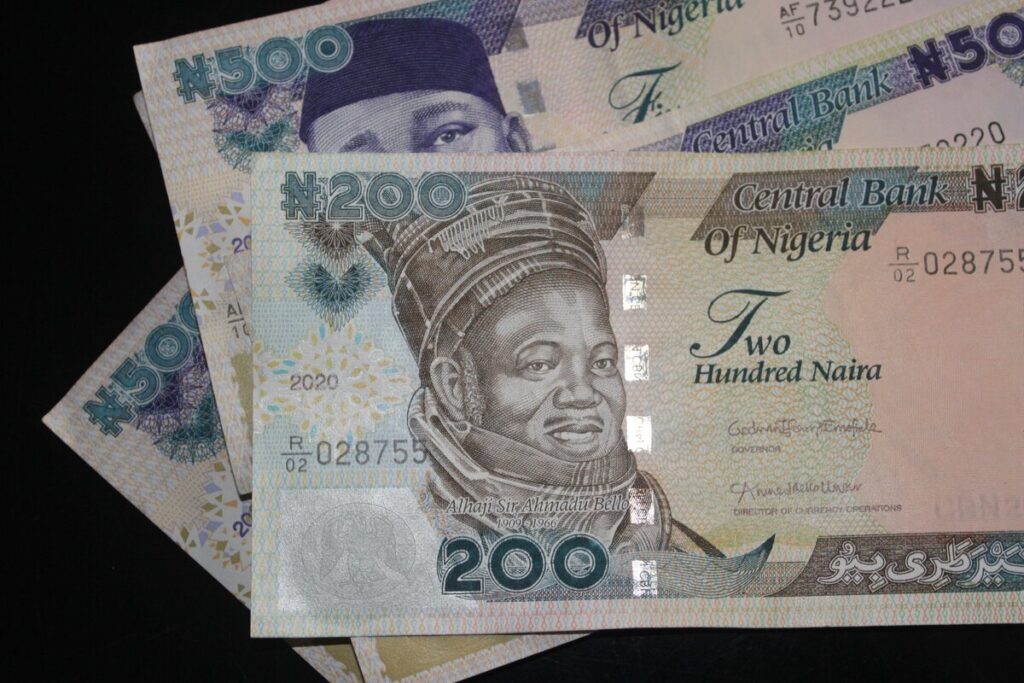As the official currency of Nigeria, the Naira is a subject of interest for both local and international investors seeking opportunities in the African market. However, determining whether investing in Naira is worthwhile requires a careful evaluation of its advantages and drawbacks.
This article delves into the considerations surrounding investing in Naira, examining factors such as economic stability, inflation rates, government policies, and the country’s diversification efforts.
By analyzing the potential risks and rewards, we aim to provide insights into the viability and potential returns of investing in the Naira, assisting investors in making informed decisions about their financial ventures in Nigeria’s currency.
What You Should Know About Naira
The Nigerian Naira (NGN) is the official currency of Nigeria and plays a significant role in the country’s economic landscape. However, the Naira has experienced fluctuations and challenges that have shaped its stability, strengths, weaknesses, and reputation among investors.
The susceptibility of the Naira’s value to external disturbances, such as variations in worldwide oil prices, stands as a pivotal element in shaping its overall performance.

Nigeria, as an oil-dependent nation, is susceptible to oil price volatility, which can impact its foreign exchange reserves and the value of the Naira. This volatility has contributed to the perception of the Naira as a less stable currency.
Inflation is another concern associated with the Naira. Nigeria has faced persistent inflationary pressures, which erode the purchasing power of the currency. High inflation rates pose risks for investors, as they can diminish investment returns and create uncertainties about the currency’s future value.
Despite these challenges, there are reasons why people still invest in the Naira. An appealing aspect lies in the possibility of substantial gains.
Nigeria, being the largest economy on the African continent, presents prospects across various sectors including oil and gas, agriculture, telecommunications, and fintech. Investors seeking exposure to these sectors may find investing in the Naira appealing.
Additionally, Nigeria’s population of over 200 million presents a significant consumer market. With a growing middle class and increasing consumer spending, investors may see potential in tapping into Nigeria’s domestic market and its potential for long-term growth.
In the realm of forex trading, the popularity of the Naira varies. It is traded as a currency pair, most commonly against the US Dollar (NGN/USD).
The Naira’s popularity in forex trading is influenced by factors such as market liquidity, currency volatility, and interest rates set by the Central Bank of Nigeria. In addition, if you need to try trading with NGN, according to this website, you can simply select the broker.
However, the Naira’s reputation among forex traders is mixed. Its volatility and restrictions on foreign exchange transactions imposed by the Nigerian government have sometimes limited liquidity and created challenges for forex traders. These factors may influence the popularity and trading volume of the Naira in the global forex market.
Opportunities and Challenges You Have to Consider Before Investing in Naira
Investing in the Nigerian Naira (NGN) presents both opportunities and challenges that investors need to consider before making financial decisions.
Understanding these factors is crucial for assessing the potential risks and rewards associated with investing in the Nigerian currency.
Opportunities
Emerging Market Potential:
Nigeria is the largest economy in Africa and offers opportunities for investors looking to tap into a growing market with a large population and expanding middle class. Industries such as oil and gas, agriculture, telecommunications, and fintech present avenues for potential returns.
Natural Resources:
Nigeria is rich in natural resources, particularly oil. The country is a major oil producer, making it attractive for investors seeking exposure to the energy sector. Oil exports contribute significantly to Nigeria’s foreign exchange earnings, which can positively impact the value of the Naira.
Demographic Advantage:
With a population of over 200 million, Nigeria has a substantial consumer market. The growing middle class and increasing consumer spending provide opportunities for businesses to cater to the rising demand for goods and services.
Challenges
Currency Volatility:
The Naira is known for its historical volatility, which can be attributed to various factors such as fluctuations in oil prices, inflation, and economic uncertainties. Currency volatility poses risks for investors, as it can impact the value of investments and returns.
Inflationary Pressures:
Nigeria has faced persistent inflationary pressures, affecting the purchasing power of the Naira. High inflation rates erode investment returns and create uncertainties about the future value of the currency.
Regulatory Restrictions:
The Nigerian government has implemented foreign exchange controls and restrictions, which can create challenges for investors.
These restrictions affect liquidity and the ease of conducting foreign exchange transactions, potentially limiting investment opportunities.
Political and Economic Stability:
Nigeria has experienced political and economic challenges that can impact investor confidence. Issues such as corruption, security concerns, and policy uncertainties may affect the stability of the investment environment.
In conclusion, investing in the Nigerian Naira presents opportunities in terms of the country’s emerging market potential, natural resources, and demographic advantages.
However, challenges related to currency volatility, inflation, regulatory restrictions, and political and economic stability need to be carefully considered. Conducting thorough research, seeking professional advice, and diversifying investment portfolios are essential for managing risks and maximizing the potential opportunities associated with investing in the Nigerian Naira.
